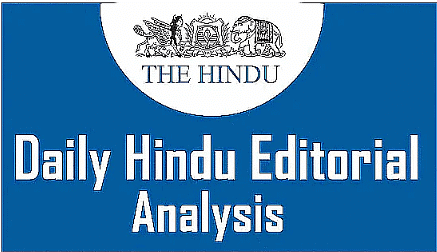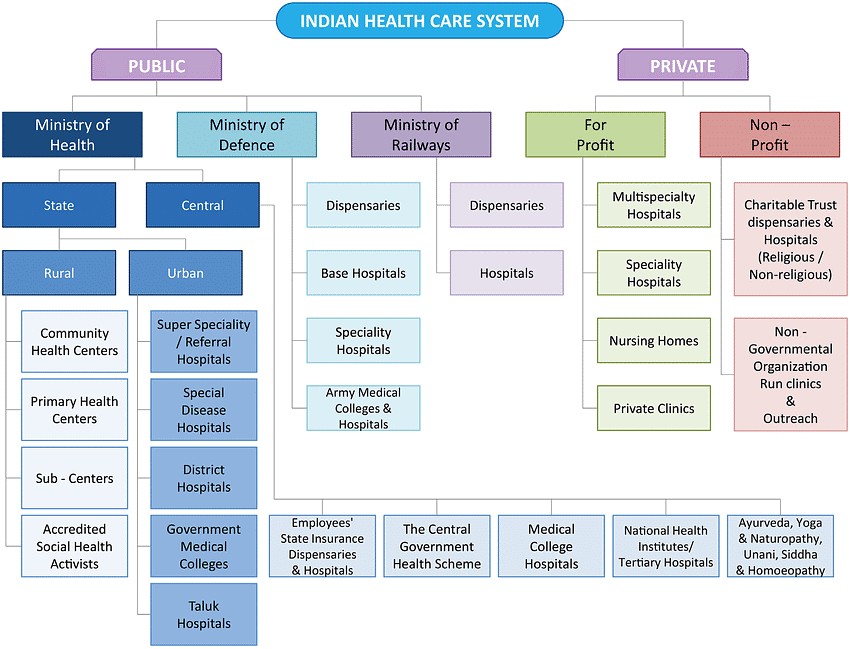The Hindu Editorial Analysis- 30th January 2024 | Current Affairs & Hindu Analysis: Daily, Weekly & Monthly - UPSC PDF Download

Growth mania can be injurious to society
Why in News?
This year’s edition of the World Economic Forum (WEF) annual meeting was held from January 15 to January 19.
Artificial Intelligence (AI):
- Dominant Theme: AI took center stage, with discussions on its transformative potential, the need for regulation, concerns about job losses, risks of impersonation and misinformation, and potential inequalities.
- Optimistic Outlook: Despite challenges, the prevailing sentiment was that the positive aspects of AI outweigh the negatives. Sam Altman of OpenAI emphasized the continued focus on human intelligence.
War and Uncertainty:
- Geopolitical Risks: Business leaders highlighted concerns about a fragile geopolitical situation, wars in the Middle East and Europe, threats to global supply chains, and uncertainties around food security.
- Israel-Gaza Conflict: The forum addressed the Israel-Gaza conflict, with a recognition of the need for regional peace that includes both Israel and Palestine.
Climate Change:
- Urgency and Adaptation: There was a strong emphasis on the need for businesses to adapt to climate change. Ajay Banga, President of the World Bank Group, underscored the "existential climate crisis" and the urgency required for effective action.
- Global Cooperation: Discussions highlighted the importance of countries uniting for climate action, emphasizing the role of developed nations in financing climate initiatives in developing countries.
China's Economy:
- Economic Challenges: China, facing a slowing economy, sought increased investment from the West. The country's GDP growth remained at 5.2%, below pre-pandemic levels, leading to efforts to attract Western investment despite geopolitical tensions.
- Structural Challenges: Analysts noted significant structural economic challenges in China, with some companies in the West scaling back investments.
India's Presence:
- Transformation and Growth: McKinsey and Company's assessment highlighted India's rapid transformation as one of the fastest-growing large economies globally. The rise of India emerged as a significant theme at the forum.
- Gender Equity Alliance: India played a pivotal role in discussions on women's health and announced the launch of the Global Good Alliance for Gender Equity and Equality, aiming to boost the global economy by $1 trillion annually by 2040.
These key takeaways showcase the diverse themes discussed at WEF 2024, ranging from technology and geopolitics to climate action, economic challenges, and India's transformative role.
Populism does not help public health
Context
In the heart of India’s bustling cities and tranquil villages, there is a silent but significant fight raging on the public health front. It is not the dramatic triumphs of curative medicine that dominate this story but the quiet victories of preventing diseases such as smallpox (though eradicated, it is still under surveillance), polio, neonatal tetanus, and measles, through improved sanitation and vaccines.

Associated Challenges With Public Health Systems in India
- Lack of Primary Healthcare Services: The existing public primary health care model in the country is limited in scope.
- Even where there is a well-functioning public primary health centre, only services related to pregnancy care, limited childcare and certain services related to national health programmes are provided.
- This represents only 15% of all morbidities for which people seek care.
- Supply-Side Deficiencies: Poor health management skills and lack of appropriate training and supportive supervision for health workers prevent delivery of the desired quality of health services.
- Inadequate Funding: Expenditure on public health funding has been consistently low in India (approximately 1.3% of GDP). As per OECD, India's total out-of-pocket expenditure is around 2.3 % of GDP.
- Overlapping Jurisdiction: There is no single authority responsible for public health that is legally empowered to issue guidelines and enforce compliance of the health standards.
- Sub-optimal Public Health System: Due to this, it is challenging to tackle Non-communicable Diseases, which is all about prevention and early detection.
- It diminishes preparedness and effective management for new and emerging threats such as pandemic like Covid-19.
Steps To Be Taken
- Enabling Preventive Care: In order to promote preventive care, the Union government has announced the conversion of primary health care centres into Health and Wellness Centers (HWCs).
- These HWCs will act as the pillar of preventive care and ‘gateway’ for access to secondary and tertiary health services.
- Thus, there is a need to accelerate the establishment of a network HWCs, for this extra funding through Corporate Social Responsibility (CSR) can be mobilised.
- Bringing Behavioural Change: There is a need to ensure people eat right, sleep right, maintain good hygiene, exercise, and adopt a healthy lifestyle that necessitates concerted interventions at various levels of the system.
- In order to catalyse people’s participation for healthy India, there is need for Swasth Bharat Jan Andolan on lines of Swach Bharat Abhiyan.
- Cooperative Federalism: Given the major role that States have to play in creating strong health systems across the country, allocations provided by the Finance Commission can become the critical catalyst for transforming the nation’s health.
- State governments should be incentivized to invest in creating a dedicated cadre for public health at the state, district and block levels.
- More Funding: Public funding on health should be increased to at least 2.5% of GDP as envisaged in the National Health Policy, 2017.
- Decentralisation: There is a need to make nutrition, water, sanitation and hygiene (WASH) part of the core functions of Panchayati raj institutions and municipalities.
- Creating a Nodal Health Agency: There is need to create a designated and autonomous focal agency with the required capacities and linkages to perform the functions of disease surveillance, information gathering on the health impact of policies of key non-health departments, maintenance of national health statistics, enforcement of public health regulations, and dissemination of information to the public.
- In this pursuit, NITI Aayog’s National Health Stack is a step in the right direction, which needs to be operationalised as soon as possible.
Conclusion
Pandemics such as Covid-19 starkly remind us that public health systems are core social institutions in any society. The government has made several efforts to address the shortfall in the public health system through the schemes like the National Medical Commission (NMC) Act, 2019, Pradhan Mantri Bhartiya Janaushadhi Pariyojana, Pradhan Mantri - Jan Arogya Yojana etc.
However, the need of the hour is an adequate investment, for creating a health system that can withstand any kind of public health emergencies, deliver universal health coverage and meet the targets of the Sustainable Development Goals.
|
38 videos|5269 docs|1114 tests
|
FAQs on The Hindu Editorial Analysis- 30th January 2024 - Current Affairs & Hindu Analysis: Daily, Weekly & Monthly - UPSC
| 1. What is growth mania and how can it be injurious to society? |  |
| 2. How does populism impact public health? |  |
| 3. What are the potential consequences of prioritizing economic growth over public health? |  |
| 4. How does growth mania contribute to income inequality? |  |
| 5. What are the alternatives to growth mania and populism for a healthier society? |  |
















